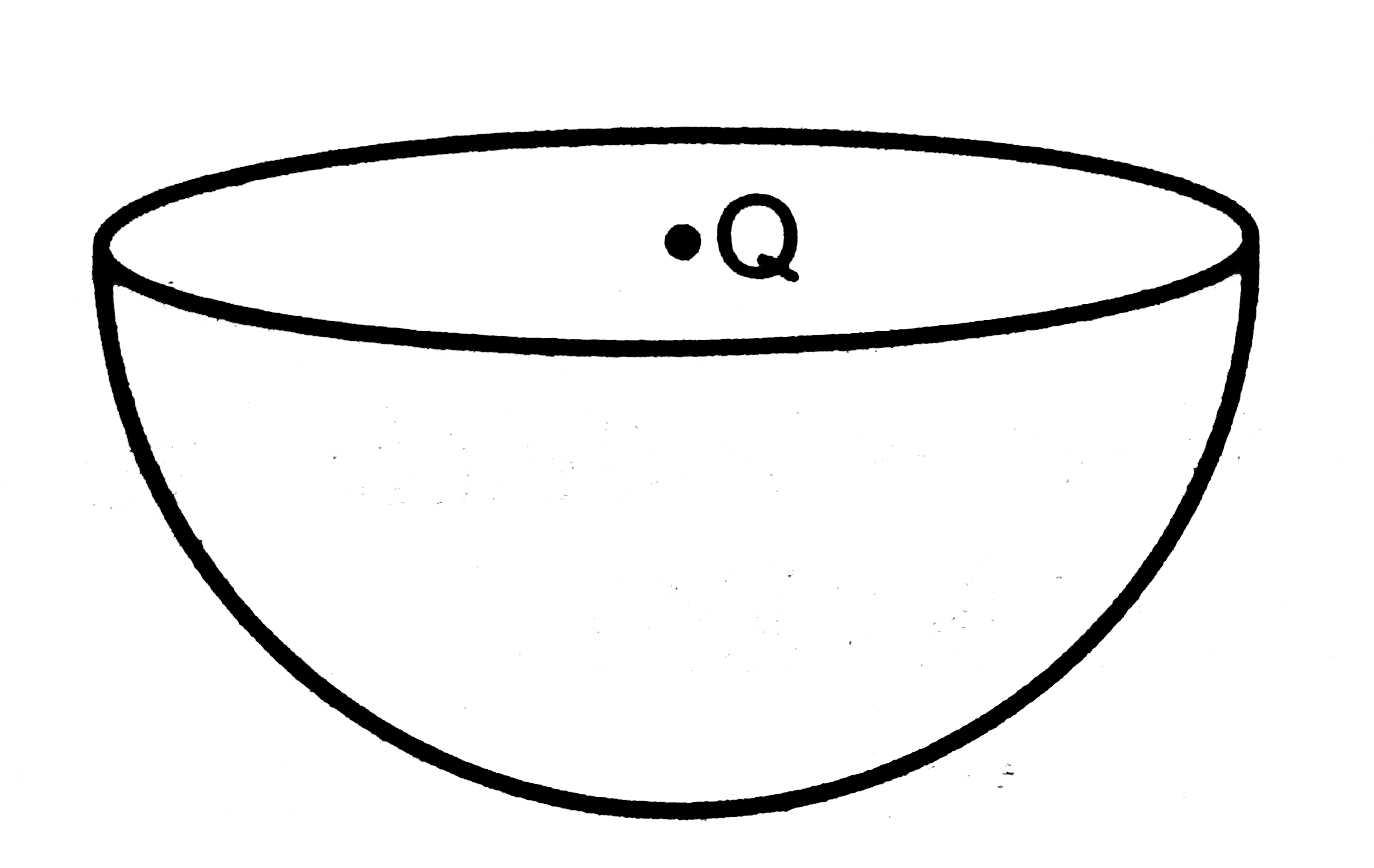Gauss's law is true only if force due to a charge varies as :
r−1
r−2
r−3
r−4
The correct Answer is:B
Similar Questions
Mark the correct options: Gauss's law is valid only for uniform charge distributions. Gauss's law is valid only for charges placed in vacuum. The electric field calculated by Gauss's law is the field due to all the charges. The flux of the electric field through a closed surface due to all the charges is equal to the flux due to the charges enclosed by the surface.
View SolutionWhich of the following statements is/are correct?
a. Electric field calculated by Gauss law is the field due to only those charges which are enclosed inside the Gaussian surface.
b. Gauss law is applicable only when there is a symmetrical distribution of charge.
c. Electric flux through a closed surface is equal to total flux due to all the charges enclosed within that surface only.View Solution
Knowledge Check
- Question 1 - Select One
Gauss's law is true only if force due to a charge varies as
Ar−2Br−4Cr−1Dr−3 - Question 2 - Select One
Gauss' law is true only if electric force due to a given charges varies with distance 'r' as
Ar−2Br−3Cr2Dr−1 - Question 3 - Select One
If some charge is given to a solid metallic sphere, the field inside remains zero and by Gauss's law all the charge resides on the surface. Suppose now that Colomb's force between two charges varies as 1/r3. Then, for a charged solid metallic sphere
Afield inside will be zero and charge density inside will be zero.Bfield inside will not be zero and charge density inside will not be zero.Cfield inside will not be zero and charge density inside will be zero.Dfield inside will be zero and charge density inside will not be zero.
Which of the following statements is/are correct?
a. Electric field calculated by Gauss law is the field due to only those charges which are enclosed inside the Gaussian surface.
b. Gauss law is applicable only when there is a symmetrical distribution of charge.
c. Electric flux through a closed surface is equal to total flux due to all the charges enclosed within that surface only.View SolutionGauss Law, Application of Gauss law to find Electric field due to a point charge, an infinitely long rod and infinitely large plane
View SolutionA charge Q is placed at the centre of an inaginary hemispherical surface. Using symmetry arguments and the Gauss's law, find the flux of the electric field due to this charge through the surface of the hemisphere (figure ).
 View Solution
View SolutionStatement -1 : Electric field of a dipole can't be found using only Gauss law. (i. e. without using superposition principle)
Statement - 2 : Gauss law is valid only for symmetrical charge distributionView SolutionGauss's theorem is true for any point charge situated any where
View Solution
